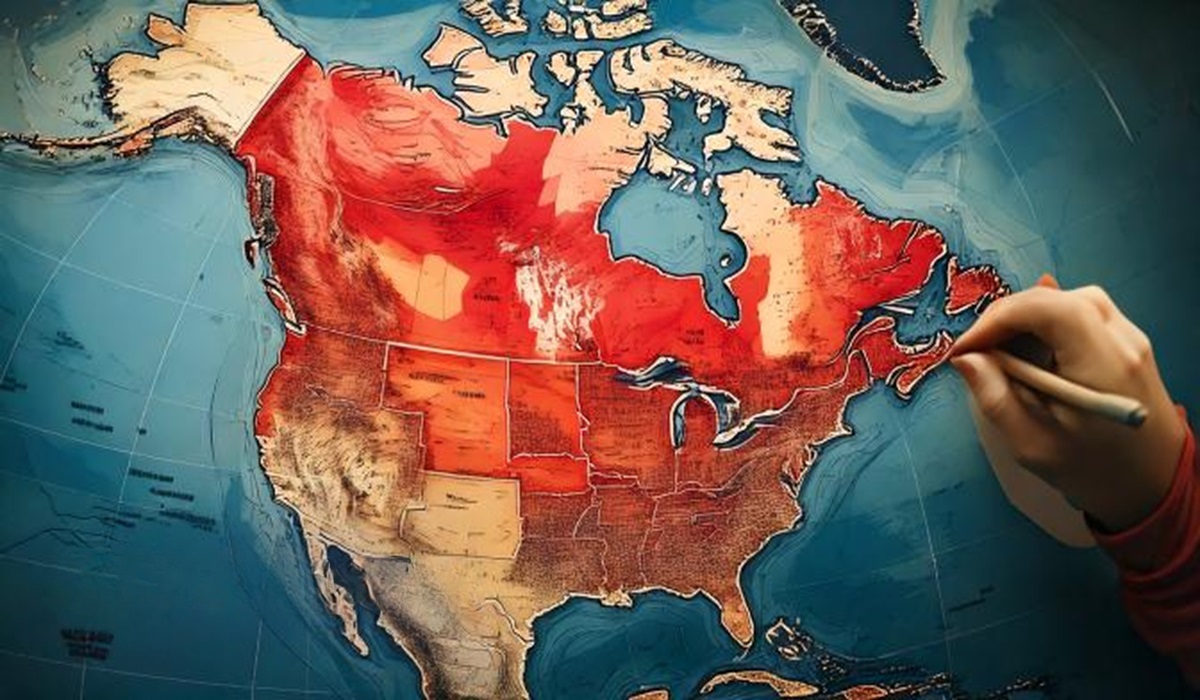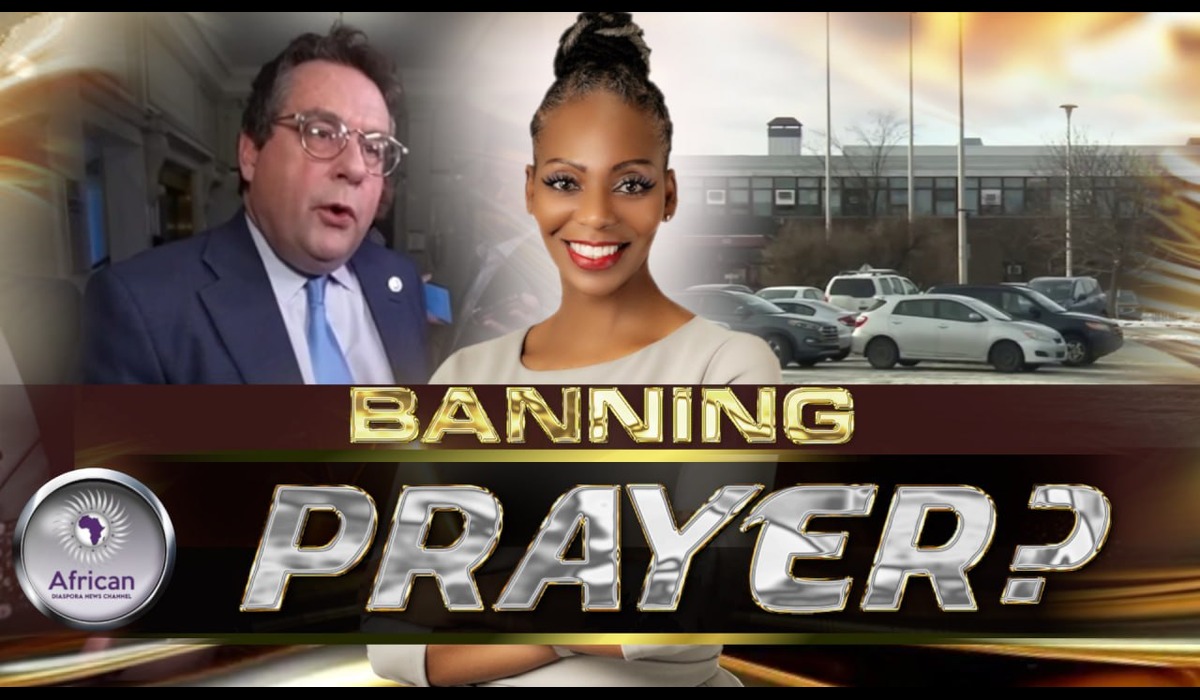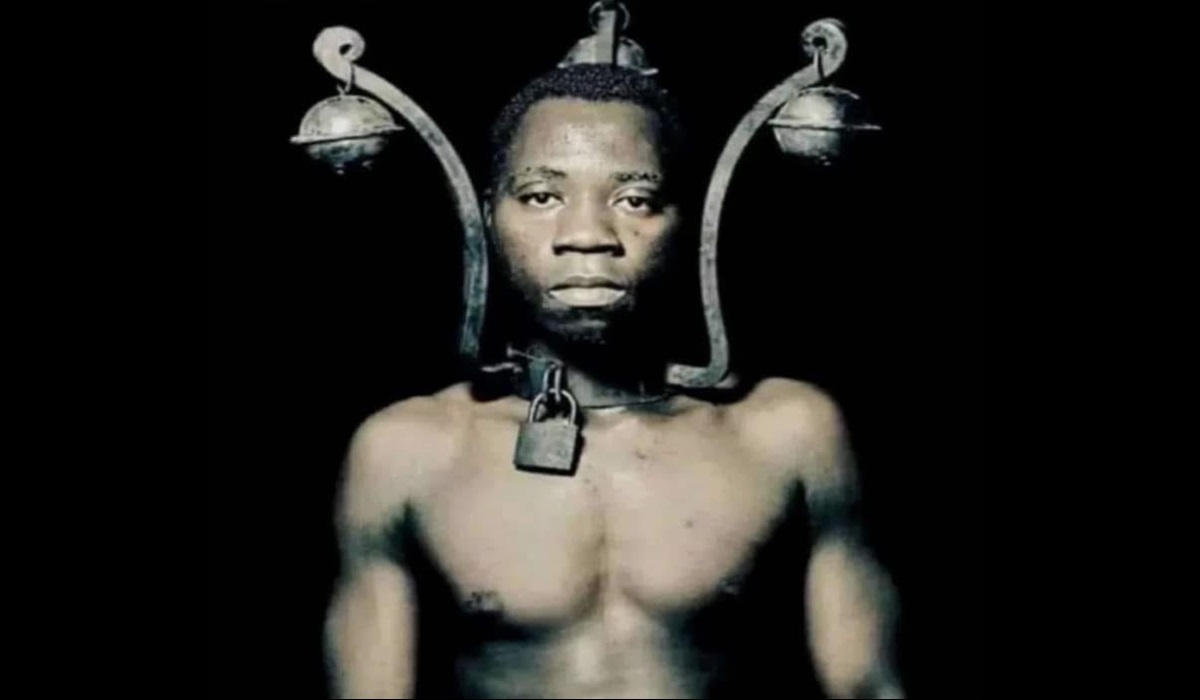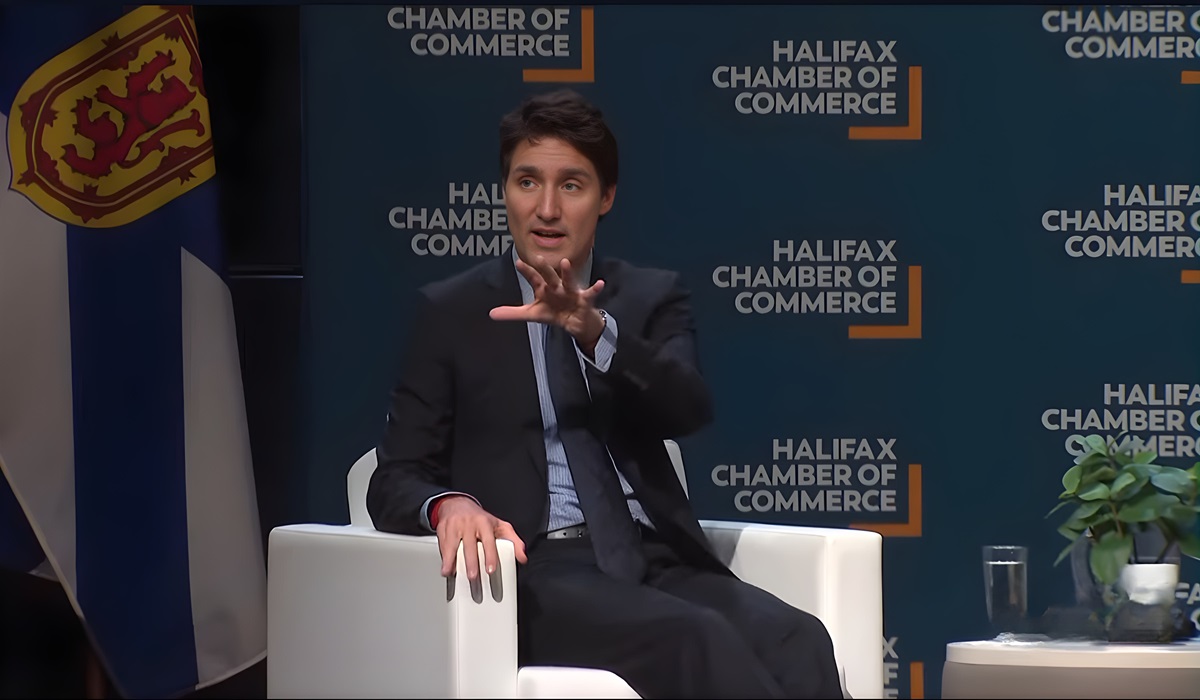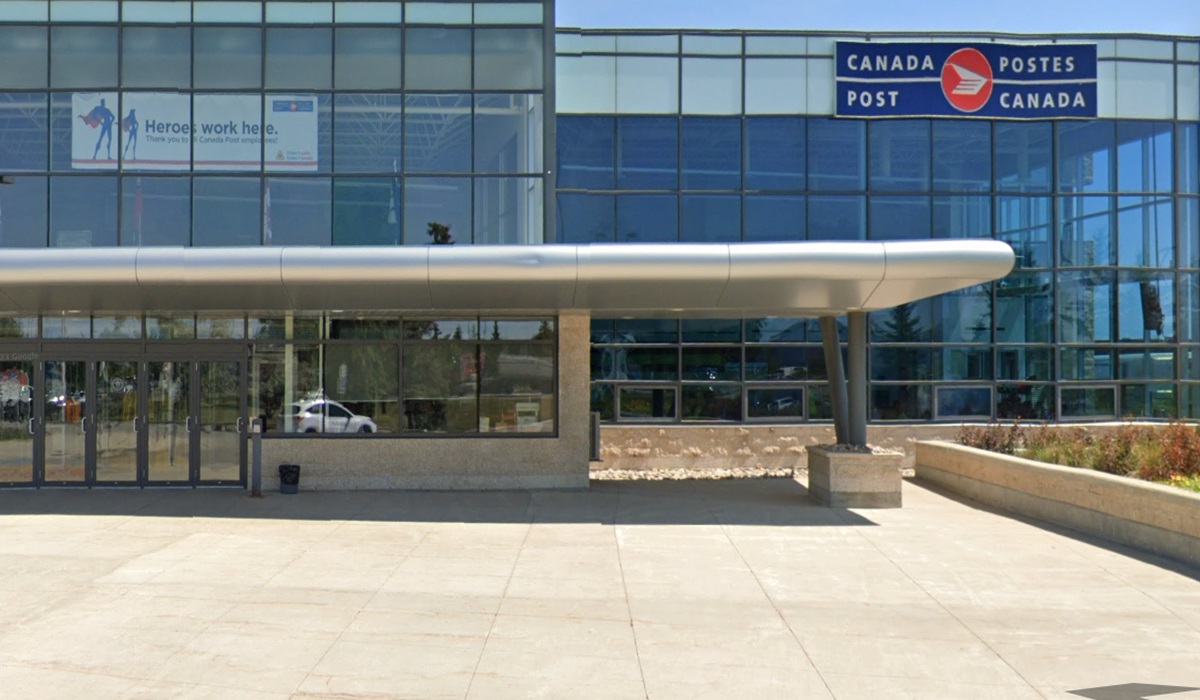Freeland’s Dramatic Departure and the Rise of Dominic LeBlanc in Liberal Politics
- Xuemei Pal
- Canada
- December 17, 2024
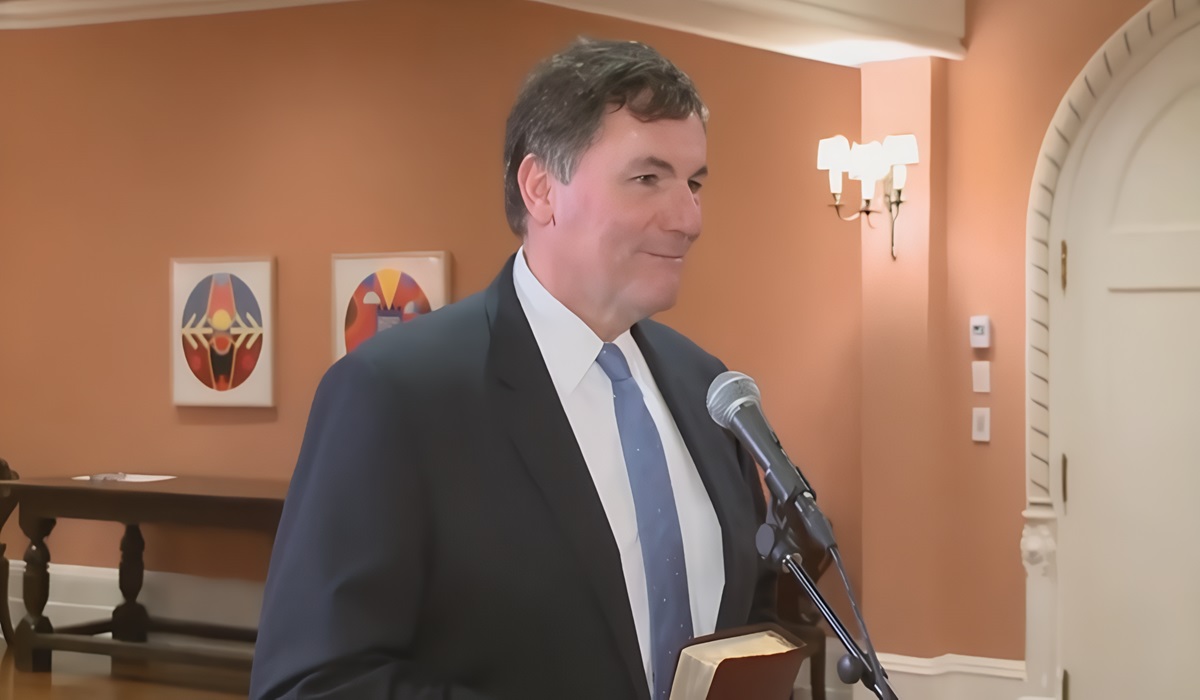
Yesterday’s events delivered a political bombshell for the Canadian election landscape, as Deputy Prime Minister and former Minister of Finance Chrystia Freeland resigned from cabinet following what insiders describe as a heated standoff with Prime Minister Justin Trudeau. The drama unfolded after Trudeau signaled he would be shuffling Freeland out of the critical finance portfolio, a move that reportedly triggered an emotional resignation from Freeland, who had been considered a central pillar of the Liberal government.
Speculation initially ran rampant, with many assuming that Mark Carney, the former Governor of both the Bank of Canada and the Bank of England, would step in to take the reins as finance minister. Depending on who you ask, Carney either welcomed the prospect or was quietly uninterested in the position—his appetite for the role remains a matter of debate. However, the caveat that Carney is not an elected Member of Parliament didn’t sit well with certain Liberal MPs, further complicating his path to the cabinet.
In yet another twist, Trudeau bypassed Carney entirely and handed the powerful finance portfolio to Dominic LeBlanc, a longstanding Liberal heavyweight who also serves as Minister of Intergovernmental Affairs. LeBlanc’s unexpected promotion raises significant questions about the internal dynamics of the Trudeau government and the prime minister’s political calculus. First and foremost, it signals that the rift between Trudeau and Freeland runs far deeper than a simple cabinet shuffle; this was a rupture that has likely been festering for months. Freeland, who had never publicly signaled her ambition to become prime minister, nevertheless occupied a position of immense influence, and her departure opens the door to political speculation about her next move.
LeBlanc’s dual control over finance and intergovernmental affairs consolidates his power within the Liberal Party at a critical juncture. The finance minister holds the government’s purse strings, while the intergovernmental affairs portfolio provides direct oversight and negotiations with Canada’s premiers—two positions that make LeBlanc arguably the most influential member of cabinet besides the prime minister himself. For a government seeking to manage fragile provincial relationships and economic uncertainty, LeBlanc’s appointment reflects both confidence and strategy.
However, the timing of this reshuffle has stoked fresh intrigue about Trudeau’s leadership. We are aware of three Members of Parliament within the Liberal Party who have been quietly laying the groundwork—subtle or otherwise—for a potential leadership race, should Trudeau step down. Additionally, one former high-profile Liberal has been assembling a national team to put forth a serious challenge for the leadership. While these names will be revealed at a later time, it is no coincidence that certain MPs have recently made a concerted effort to brush up on their French or improve their bilingualism—a crucial qualification for national leadership.
The Liberals now face a period of uncertainty and upheaval, as the resignation of a high-profile deputy prime minister is never just business as usual. Trudeau’s move to elevate LeBlanc instead of Carney underscores a more significant internal power dynamic within the party. Carney’s exclusion raises questions about his future within the Liberal fold, while LeBlanc’s rise suggests a concerted effort to shore up Trudeau’s inner circle amid whispers of instability.
For Trudeau, this moment could prove pivotal. The optics of Freeland’s abrupt departure, coupled with the behind-the-scenes turbulence, risk undermining the prime minister’s message of stability and competence as Canadians edge closer to the next election. And while LeBlanc’s promotion offers an immediate solution, it does little to quiet speculation that power struggles within the Liberal Party are intensifying. If LeBlanc indeed harbors leadership ambitions, yesterday’s developments may mark the beginning of a much larger political narrative.
In the aftermath, one thing remains clear: Trudeau’s decision to sideline Freeland and elevate LeBlanc has reshaped the Liberal political landscape. Whether this maneuver will stabilize his leadership or hasten the party’s internal reckoning remains to be seen, but the ripples from this political bombshell are far from over.

